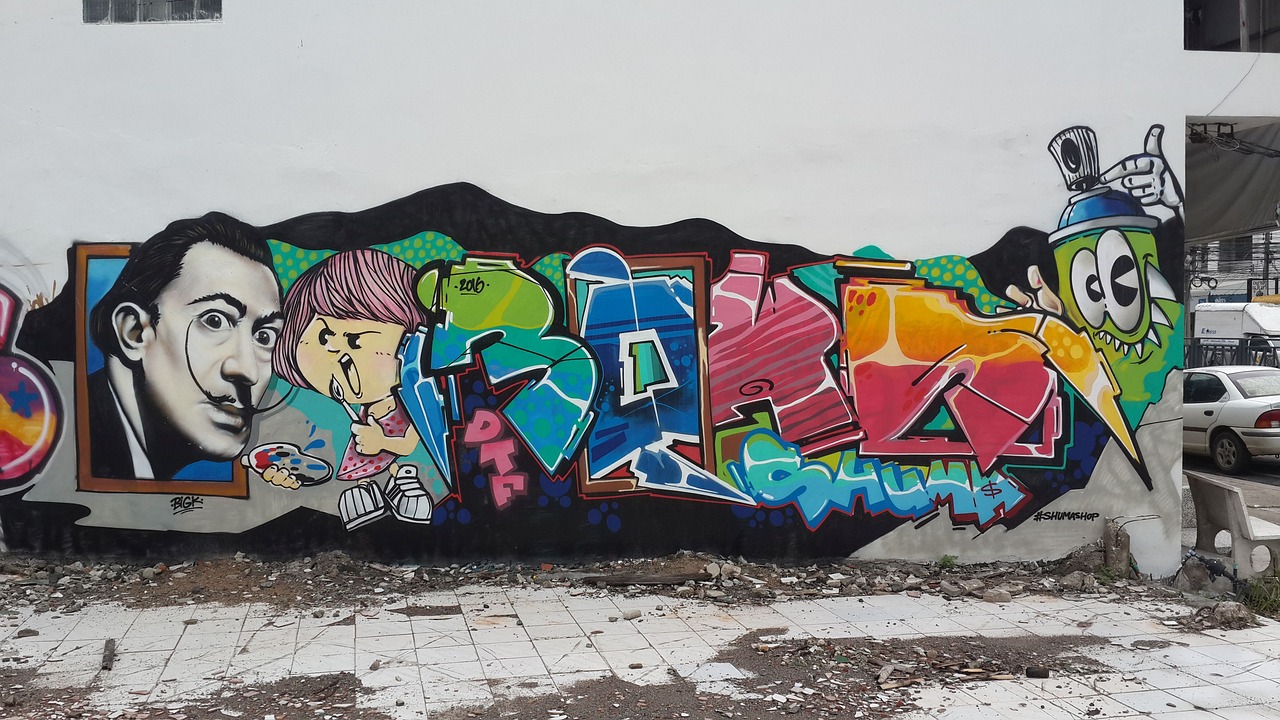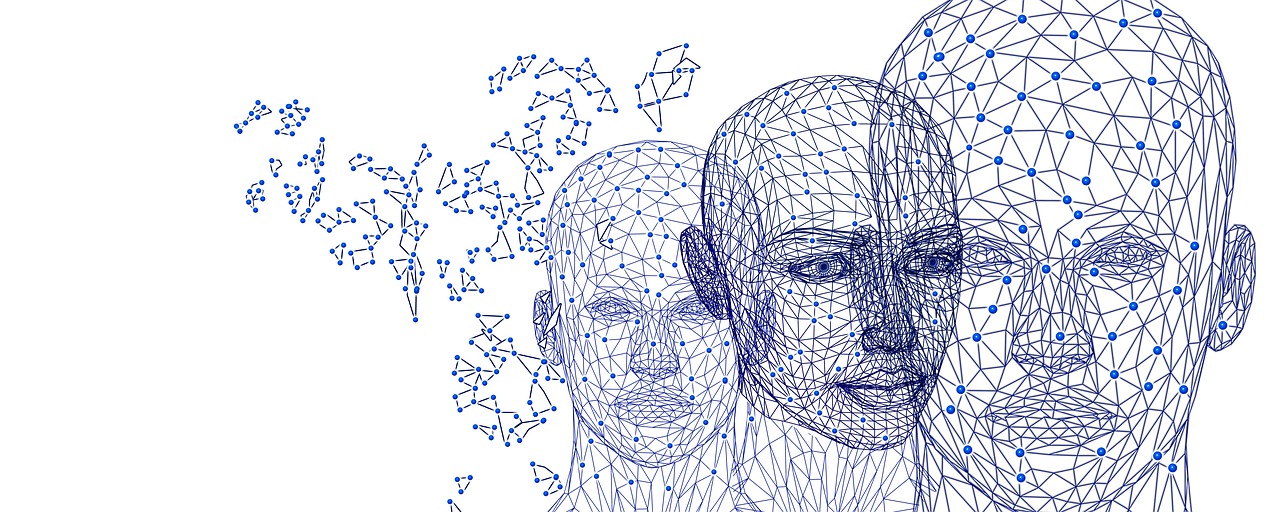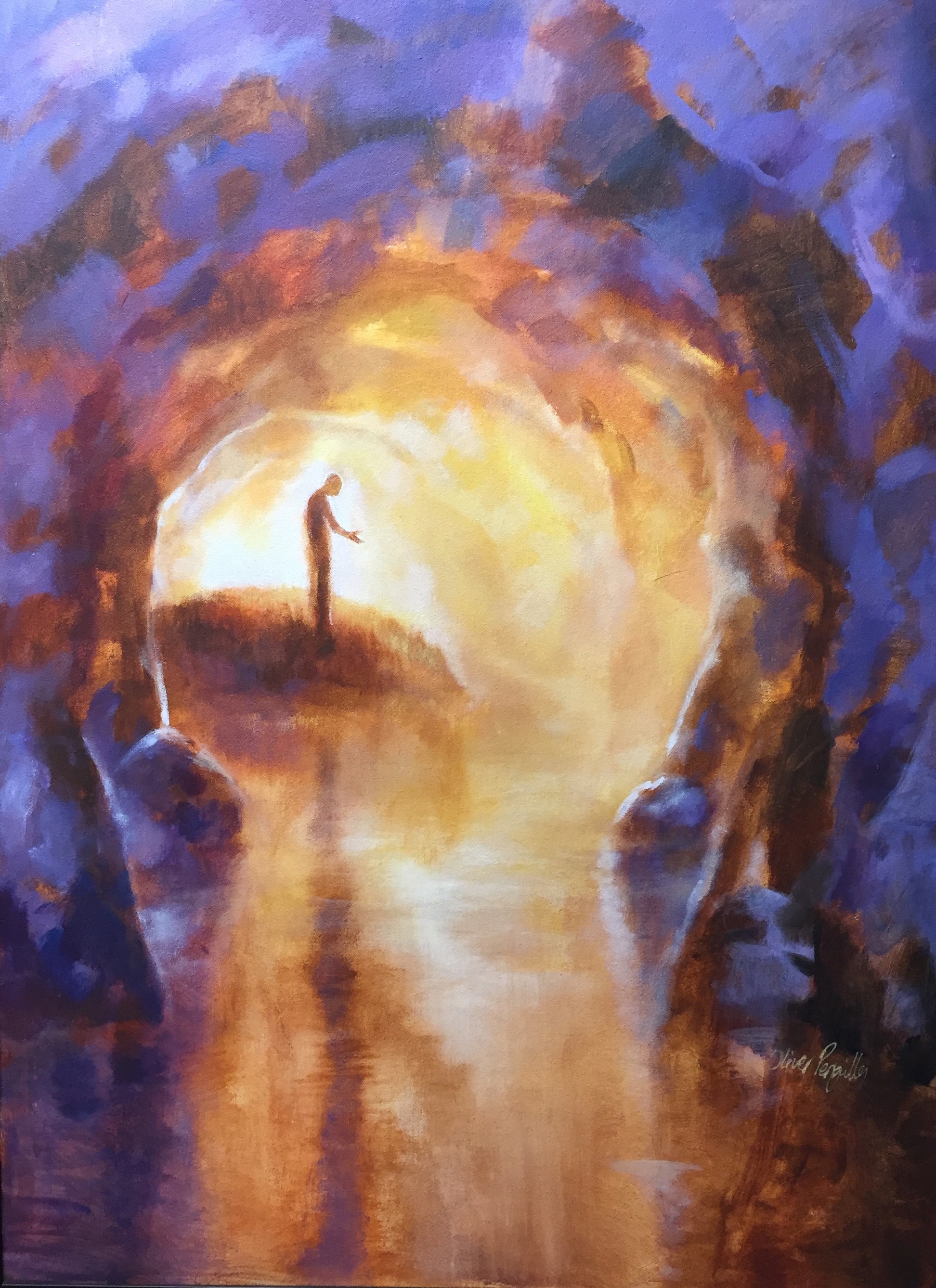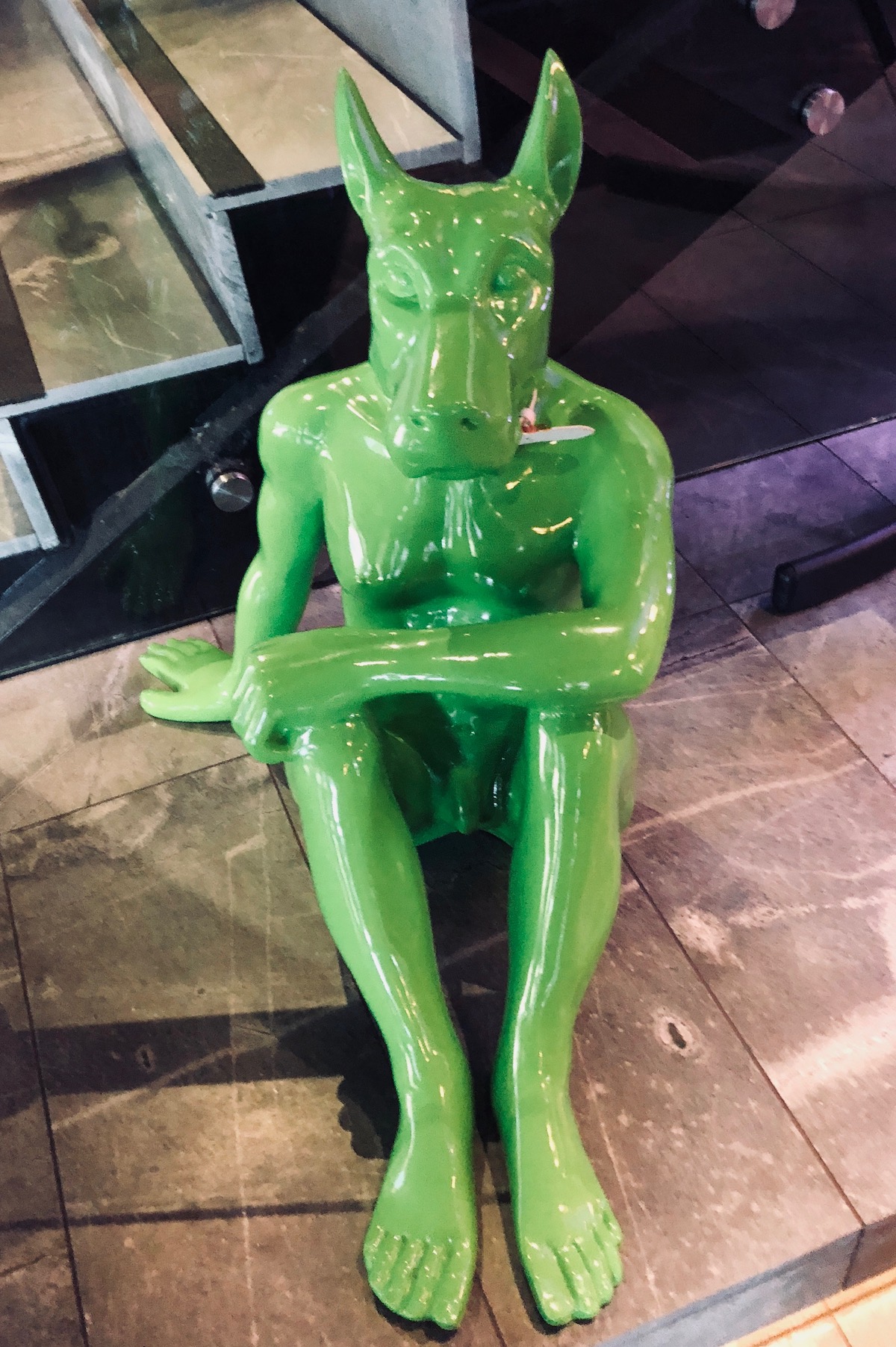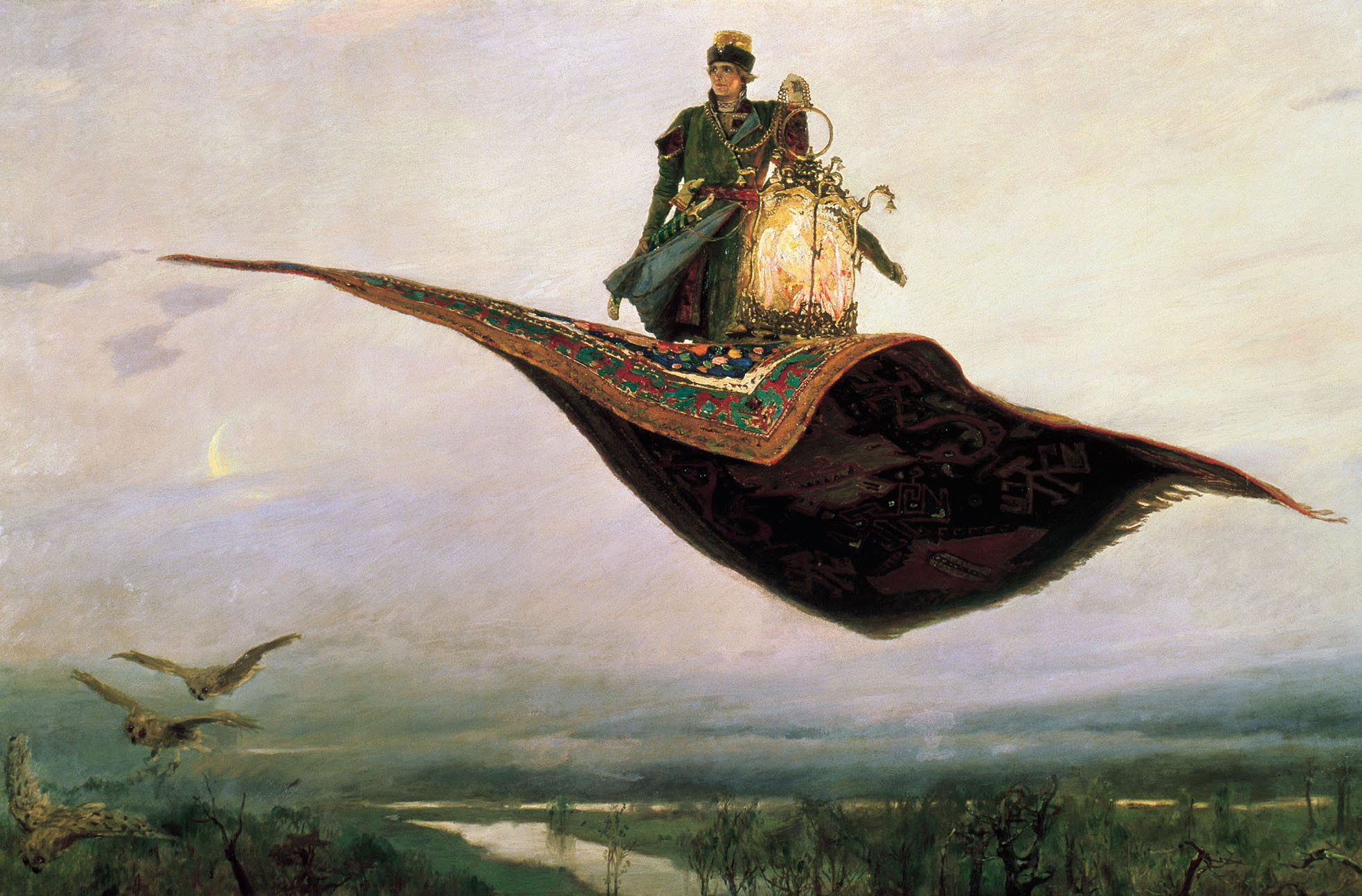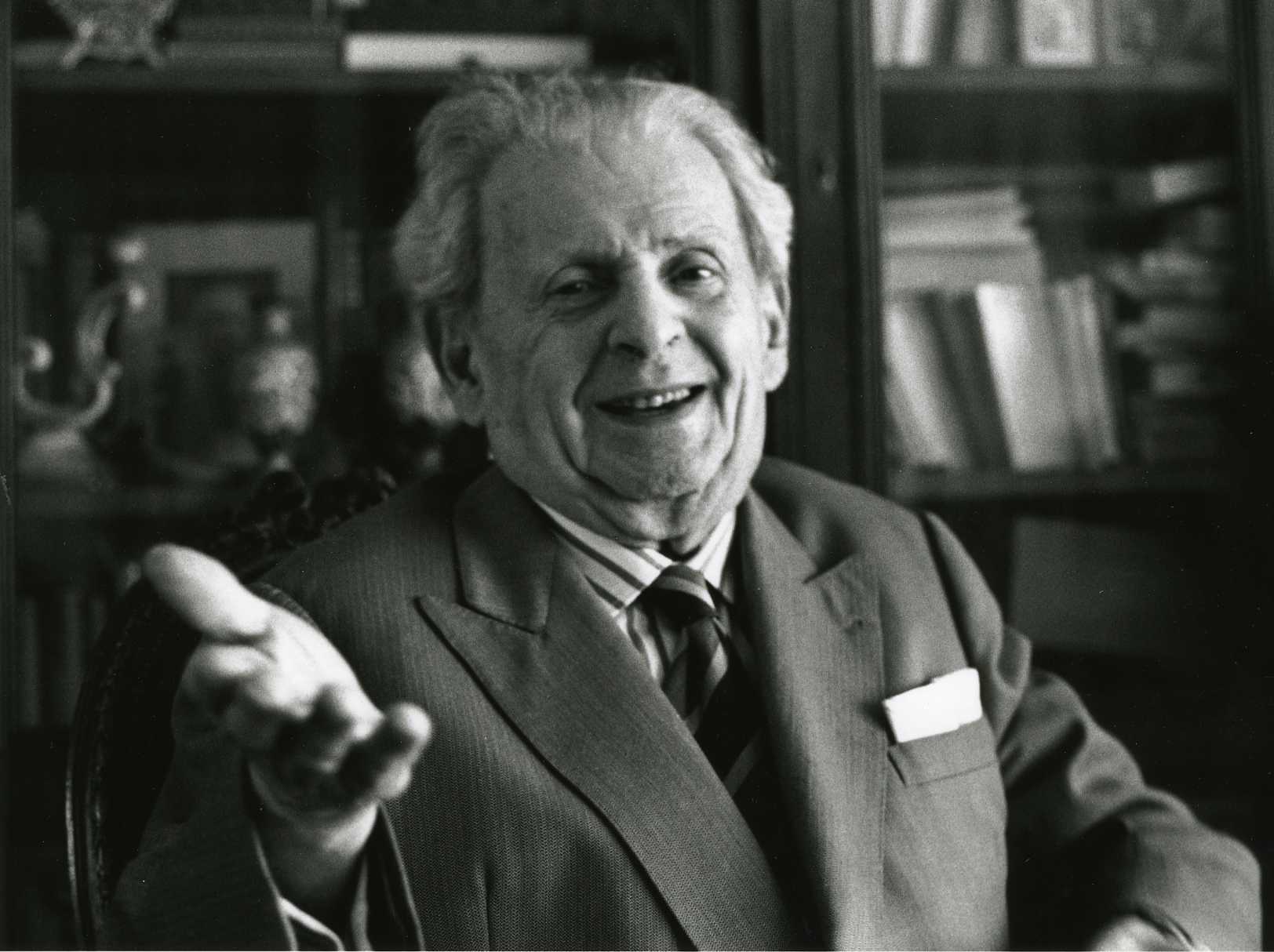The following article is currently under revision. Please check back after Jan. 1, 2021.
Tag: Jacques Lacan
Lacan As “Spiritual Director” – On The Relationship Between Psychoanalysis And Christian Mysticism, Part 3 (Mark Murphy)
The following is the third installment of a three-part series. The first can be found here. The second one can be found here. The transition to full speech is the moment when one realizes in a holistic way that one is always dependent on the Other. The symbolic order determines our ‘existence,’ but it is at […]
Lacan As “Spiritual Director” – On The Relationship Between Psychoanalysis And Christian Mysticism, Part 2 (Mark Murphy)
The following is the second installment of a three-part series. The first can be found here. What Does Lacan Mean When He Says That Spiritual Direction is a Demand for Truth? Lacan is first clear in stating that spiritual direction was a demand for truth. It is telling that he does not equate it with […]
Lacan As “Spiritual Director” – On The Relationship Between Psychoanalysis And Christian Mysticism, Part 1 (Mark Murphy)
The following is the first installment of a three-part series. Introduction Spiritual direction is defined as the help one gives to another in developing one’s relationship with the sacred, while the treatment of psychological symptoms is what defines the psychological[1]. One can see the similarities between what we can call the analytic situation and the […]
Review – The Ethics Of Time (Matthew Clemente)
The Ethics of Time. Manoussakis, John. New York: Bloomsbury Press, 2017. ISBN: 9781474299169. Hardback. 232 pages. John Manoussakis’s latest book, The Ethics of Time (2017)—the second volume of a trilogy to be—should be read as a continuation of the work he began a decade ago in God After Metaphysics (2007). In that earlier book, which […]
Lacan, Levinas, And The Politics Of The Subject (Joshua Lawrence)
Psychoanalysis has undeniably played a significant role in the development of theories critical of the social landscape. In addition to fostering a new model for self-reflection, it has functioned as a vehicle for the proliferation of subjectivities distinct from the consecrated forms of cultural life. Consequently, I will suggest here that it has an important […]
Love, Psychoanalysis, and Leftist Political Ontology, Part 2 (Daniel Tutt)
The following is the second installment of a two-part article by Daniel Tutt entitled “Love, Psychoanalysis, and Leftist Political Ontology.” It has been published concurrently as part of an anthology entitled Sex and Nothing: Bridges from Psychoanalysis to Philosophy, edited by Alejandro Cerda-Rueda (New York: Karnac Books, 2016). The first part of the article as it […]
